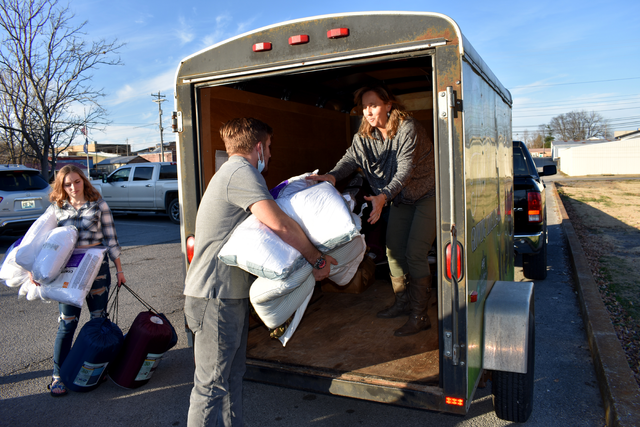Extreme weather events seem to dominate the news. According to the National Oceanic and Atmospheric Association, the number and cost of climate related disasters in the United States is on the increase. While some events can be devastating, other events such as droughts, snow events, heat events, rising sea levels, or wildfire can also disrupt communities. The ability to anticipate and respond to climate related events defines the capacity of a community to be climate resilient.
Designing community resiliency plans is the work of every community. Because environmental, geographic, and demographic variables are unique to every community, every community will need to create their own working strategy. The National Oceanic and Atmospheric Association (NOAA) offers communities a useful five step resilience planning process, US Climate Resilience Tool Kit (https://toolkit.climate.gov/): 1) understand exposure, 2) Assess vulnerability and risks 3) Investigate Options, 4) Prioritize and Plan, and 5) Take action.
Following these planning steps can help community leaders assess risk factors and shape action response plans for their community. Helpful information and resources to assist communities in their planning include:
- US Census Bureau risk data for community resilience – https://www.census.gov/programs-surveys/community-resilience-estimates.html
- Headwaters Economics – an interactive website and planning information for neighborhoods, https://headwaterseconomics.org/tools/neighborhoods-at-risk/tool-about/
Want to see examples of how other communities are preparing? The following resources provide community-based examples:
- Environmental Protection Agency – https://climateadaptation.epa.gov/#SE
- Center for Climate and Energy Solutions. Climate Resilience Portal. https://www.c2es.org/content/climate-resilience-overview/
- I see Change website – https://www.iseechange.org/. A resource for a citizen science approach to recording changes in climate.
Communities become more climate resilient when they work together to improve their readiness and response to climate disruptions. Start the conversation in your community today!
Kahl, Daniel. “Responding to Climate Change in Rural Communities.” Southern Ag Today 3(17.5). April 28, 2023. Permalink

